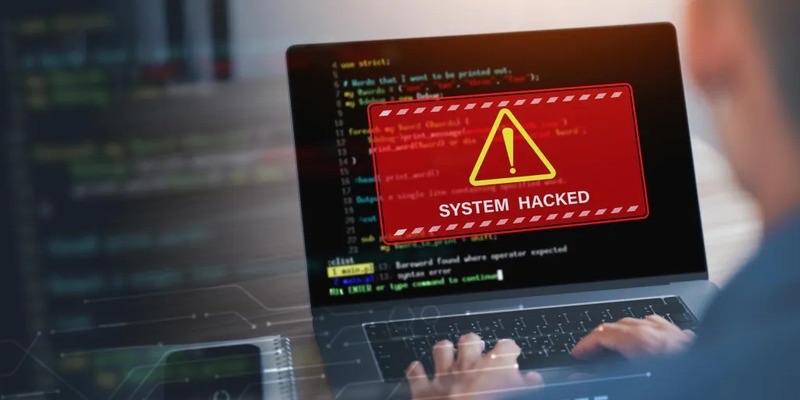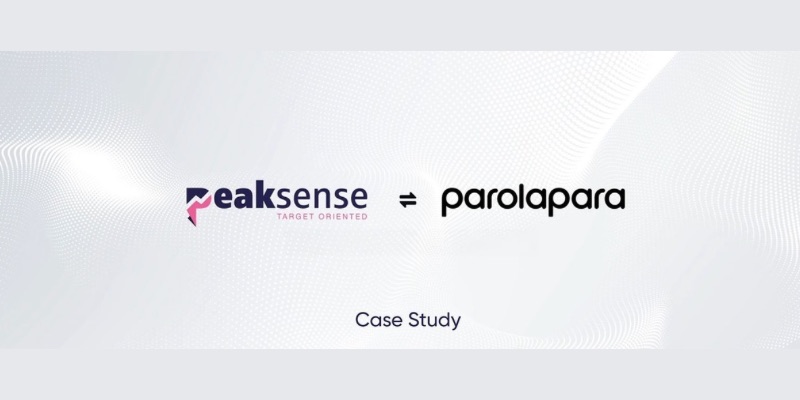Small Businesses Mean Big Risks Microsoft Security Reports
December 18, 2024, 3 min read
Protecting yourself from the rising number of cyber threats is no longer a choice but rather the key to ensuring your small business succeeds. In a world where various struggles find places to thrive, small and medium businesses (SMBs) face escalating vulnerabilities that cybercriminals are eager to exploit.
A new report conducted by Microsoft Security, surveyed 2,000 U.S. and U.K. IT security decision-makers and influencers. The findings reveal that SMBs are acutely aware of the growing cyber risks they face, with 94% of respondents stating that cybersecurity is critical to their success. Despite this awareness, one in three SMBs reported experiencing a cyberattack in the past year, emphasizing the urgency for robust security measures.
What Makes SMBs the Target for Cyber Attackers?
Unlike large corporations, SMBs often lack the tools, resources, and internal expertise needed to mount a strong cybersecurity defense. This makes them prime targets for cybercriminals seeking easier opportunities.
The report also highlights common misconceptions among SMBs that exacerbate their vulnerabilities:
- “We’re too small to be targeted by hackers.”
- “We’ve never been attacked, so we’re probably safe.”
- “We’ve already been attacked, so it’s unlikely to happen again.”
These dangerous mindsets leave SMBs exposed to phishing scams, ransomware, and other sophisticated attacks, with cybercriminals capitalizing on these gaps.
Ultimately, SMBs are targeted because cybercriminals see them as easier prey compared to larger organizations with more robust defenses. The combination of limited resources, underdeveloped cybersecurity infrastructure, and risky misconceptions creates an ideal environment for attacks. To shift the narrative, SMBs must recognize that no business is too small to be targeted and take proactive steps to strengthen their security posture. By doing so, they can protect not only their operations but also their reputation and customer trust.
What Are Some Security Measures That Can Protect These Businesses?
While the risks to SMBs are clear, the path to better protection doesn’t have to be overwhelming. Cybersecurity is about implementing a combination of best practices, tools, and employee training to reduce vulnerabilities and respond effectively to threats. By prioritizing targeted measures such as securing hybrid work environments, adopting advanced technologies, and fostering a culture of awareness, SMBs can significantly enhance their defenses. The following are actionable strategies that SMBs can employ to safeguard their businesses from the growing threat of cyberattacks.
According to the report, SMBs can implement several critical security measures to protect themselves from cyberattacks:
- Secure hybrid work environments: Protect company networks from vulnerabilities introduced by remote work and personal device use. Tools like multi-factor authentication (MFA), secure data access policies, and encryption are essential.
- Employee training: Human error is one of the leading causes of cyber incidents. Regular, comprehensive training on phishing awareness, strong passwords, and secure device usage is crucial for creating a culture of security.
- Investing in advanced tools: From firewalls and automated software updates to robust data backup systems, SMBs need to prioritize the tools that prevent, detect, and respond to threats effectively.
- Adopting AI-driven solutions: With 81% of SMBs acknowledging that AI increases the need for enhanced security, incorporating AI-powered tools into cybersecurity strategies is no longer optional.
The Ideal SMB Cybersecurity Plan
An effective cybersecurity strategy for SMBs should be proactive, scalable, and focused on protecting critical business assets. Based on Microsoft Security’s report, here’s what an ideal plan looks like:
- Invest in core security tools: Prioritize firewalls, phishing protection, ransomware defenses, and identity access management solutions.
- Create a security-conscious culture: Regularly train employees to recognize threats and adopt secure behaviors in their daily tasks.
- Leverage managed services: Partner with Managed Service Providers (MSPs) to access expertise and solutions tailored to your business needs.
- Develop an incident response plan: Prepare a clear, actionable strategy for detecting, mitigating, and recovering from cyberattacks.
- Focus on scalability: Ensure your cybersecurity measures grow alongside your business to address emerging threats effectively.
The Stakes Are High!
The Bredin report, supported by Microsoft Security, paints a clear picture: cyber threats are a direct and growing danger to SMB success. From financial losses to reputational damage, the cost of inaction is too high for any small business to ignore.
By prioritizing cybersecurity, adopting advanced tools, and addressing employee vulnerabilities, SMBs can protect their operations, customers, and futures. Don’t wait for a cyberattack to act—start securing your business today and stay ahead of the threats.




























